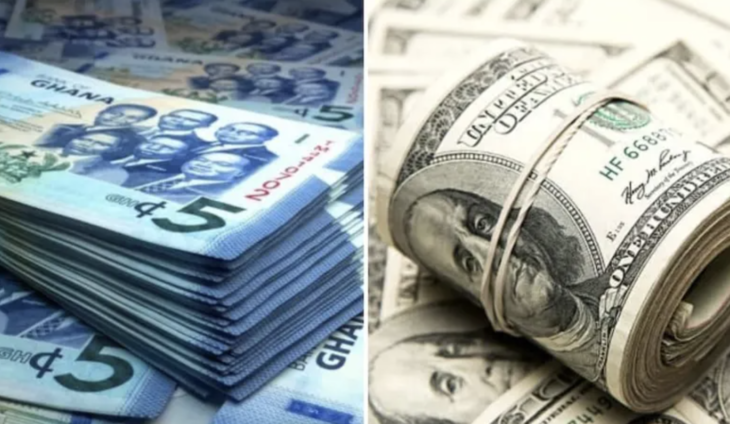The Ghanaian Cedi has experienced a notable appreciation against the United States dollar, marking a positive shift in the currency’s performance. As of Saturday, May 10, 2025, the Cedi’s buying rate stands at GHS12.94 per dollar, while the selling rate is GHS13.68. This signifies a strengthening of the Cedi, allowing Ghanaians to acquire more dollars for each Cedi spent. Forex bureaus, which serve as crucial points of currency exchange, are also reflecting this positive trend. Individuals exchanging dollars for Cedis can obtain a rate of GHS13.00 per dollar, while those converting Cedis to dollars will receive GHS13.60 per dollar. This slight difference between buying and selling rates represents the bureau’s margin, a standard practice in currency exchange operations.
The interbank market, where financial institutions trade currencies amongst themselves, offers a slightly different perspective. The Cedi’s buying rate for dollars is GHS13.09, while the selling rate stands at GHS13.11. This narrower spread between buying and selling rates is characteristic of the interbank market, reflecting the larger volumes of transactions and the lower operational costs involved. The data from Cedirates.com, a recognized platform for currency information in Ghana, reinforces the overall observation of the Cedi’s strengthening position against the dollar. This platform provides a reliable and regularly updated source for currency exchange rates, offering transparency to individuals and businesses seeking to understand the current market dynamics.
Beyond the US dollar, the Cedi’s performance against other major currencies, such as the British pound and the Euro, also presents an interesting picture. For the British pound, the average exchange rate for converting pounds to Cedis is GHS17.09, while converting Cedis to pounds yields a rate of GHS18.18. This indicates a stronger position for the pound relative to the Cedi, although the exact rates may vary slightly depending on the specific financial institution or exchange platform. Similarly, the Euro is trading at an average rate of GHS14.46 for those exchanging euros for Cedis and GHS15.50 for those converting Cedis to Euros. This places the Euro’s value relative to the Cedi somewhere between that of the dollar and the pound.
On the Bank of Ghana’s interbank market, the British pound is being sold at GHS17.44, and the Euro is trading at GHS14.75. These rates, specifically from the central bank’s platform, are frequently used as benchmarks for other financial institutions and serve as an indicator of the overall currency market sentiment. The slight variations in rates between the average market rates and the Bank of Ghana’s rates reflect the dynamism of the currency market, where rates can fluctuate based on supply and demand, as well as other macroeconomic factors.
The emergence of digital remittance platforms has introduced another dimension to currency exchange, offering competitive rates for international money transfers. LemFi and Afriex, two prominent players in this space, provide compelling options for those sending money from the US or the UK to Ghana. For dollar transfers, LemFi offers a rate of GHS13.04 per dollar, while Afriex provides a slightly more favorable rate of GHS12.34 per dollar. For British pound transfers, LemFi’s rate stands at GHS17.35, and Afriex offers a rate of GHS16.49. The Euro transfer rates are GHS14.67 for LemFi and GHS13.94 for Afriex. These digital platforms often bypass traditional banking systems, leading to lower operational costs, which can translate into more advantageous exchange rates for users.
Finally, for digital subscriptions to services like Netflix, Spotify, and Apple Music using Visa or Mastercard, the exchange rate is GHS14.12 for both card networks. This rate is specifically applied to transactions processed through these international payment systems for digital content subscriptions. The specific rate for these transactions might be influenced by the agreements between the payment processors and the respective digital service providers, as well as the underlying currency conversion mechanisms they employ. The comprehensive overview of these various exchange rates across different platforms provides a valuable snapshot of the Ghanaian currency landscape, highlighting the Cedi’s recent gains against the dollar and its relative standing against other major currencies. This information is crucial for individuals and businesses engaged in international transactions and investments, enabling them to make informed decisions in the context of the prevailing currency market dynamics.














